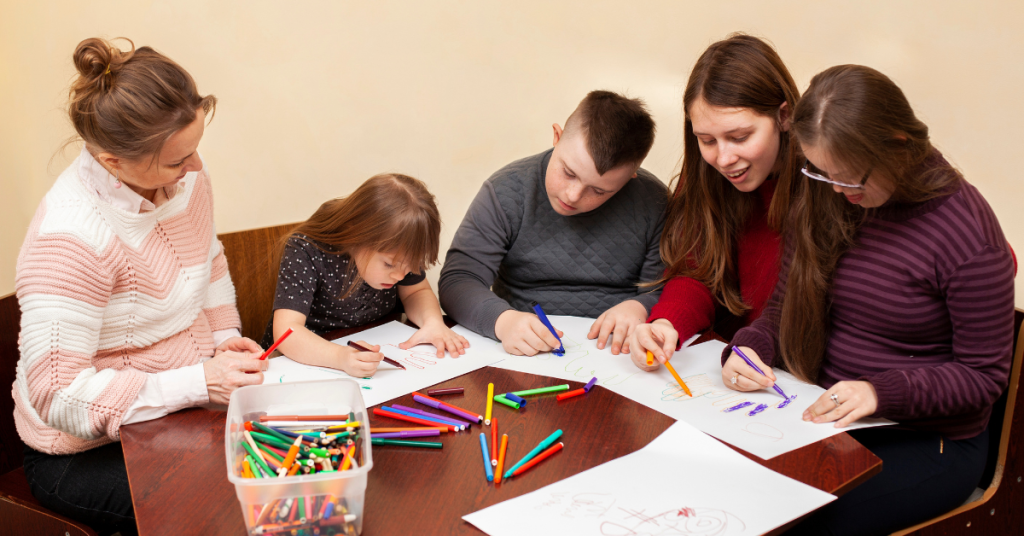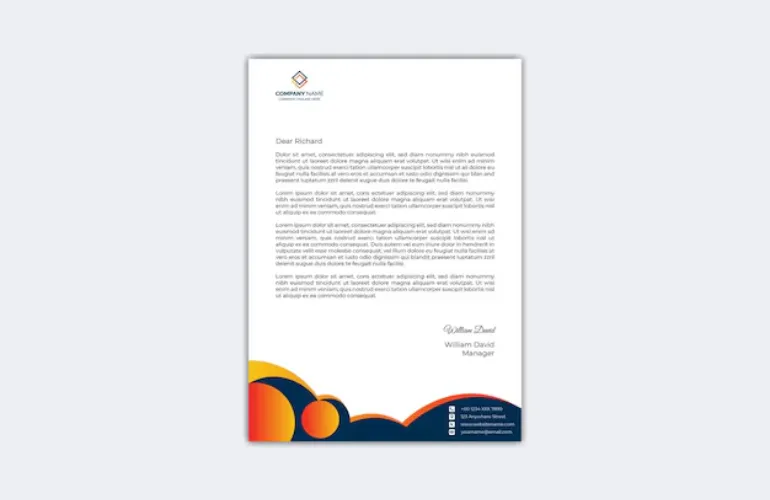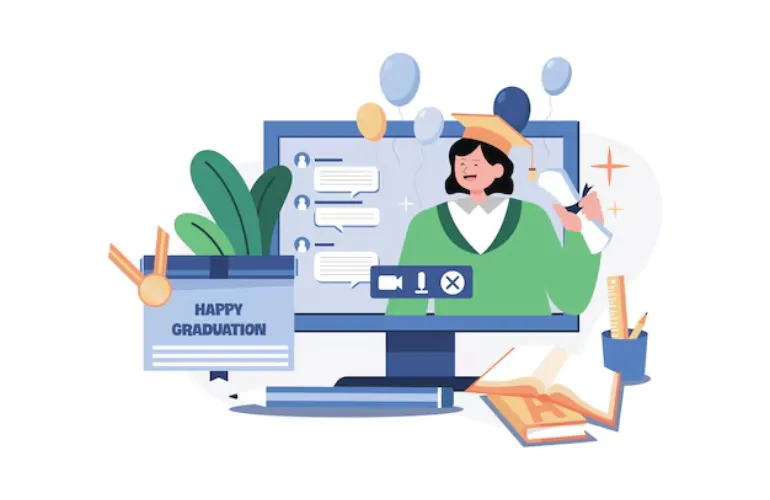A special education teacher has a very crucial role to undertake in the current learning system. They serve children who have Special Needs as they take their time to attend to the needs of each child. But if one really thinks about it, what does it take to be a special education teacher?
Teaching is not the only task in the profession; one requires to have knowledge on the different forms of disability as well as excellent interpersonal skills and determination to ensure all the students learn.
The Unique Challenges of Being a Special Education Teacher
Teaching in a special education classroom is neither easy nor without its unique problems. One of the greatest challenges can be stylisation of the teaching methods with reference to kids’ peculiarities. Such teachers should develop individual lesson plans that help them address different learning disabilities, behavior problems, and learning disorders.
Also, many times the teachers teaching the students who have the learning disability have emotional issues. They have to offer positive reinforcement and emotionally hand-hold their students, especially those that have low self-esteem and have social issues. In effect, anybody who has to manage and teach these students has to be very patient and strong to enable him/her to manage both the academic and the emotional needs of the students.
Another problem is that the work is not only continuous; it is also inherently interdisciplinary. Special education teachers rely on parents, general education teachers, and other professionals in order to educate the child. Communication is very important because when people involved in the education of a child understand each other the child is benefited. Though, it may cause tensions or conflict, which is also not good to have as a special educator, because one has to be tactful and sensitive to the issue. If you wanna know more about the challenges or cons of being a special education so click here to get complete roadmap and guidance of it.

Rewards That Make the Journey Worthwhile
Being a special education teacher is one of the most gratifying professions one can have. Definitely enjoyable is seeing the students grow in their studies. This is true even when the target is as simple as a child perhaps, learning to read or perhaps, masters social skills. However, the effect that such teachers make in their students’ lives is lifelong, going beyond the classroom experience.
Special education teachers also maintain colleague-like relationships with students they teach. They are based on personal trust and, as a rule, the work relationships last for many years. A great reward of this kind of career is the possibility to change the child’s life for the better.
To the same extent, the field of special education has numerous potential for career progression. Professional development of teachers including acquiring higher education, certification and training Programs assist teachers in getting promotions and job satisfaction.
The Importance of Continuous Professional Development
The professional learning of special education teachers is a process that should be ongoing. As for the students with disabilities, their learning requirements are also in a state of constant change, therefore, to be efficient it is crucial to be updated about the new trends in teaching, technologies and even the newest findings in the field. Other forms of professional development include skills training, seminars, symposium, web-based instruction, and cross-networking.
Due to this, special education teachers can improve their performance in the classroom besides being informed about the recent trends in the field. This not only benefits their teaching efficiency in courses but also it is beneficial in their individual human and vocational development.

How to Become a Special Education Teacher: A Step-by-Step Guide
To become a special education teacher one has to follow an educational track. Many people first acquire a basic instructional qualification, that is, a bachelor’s degree in special education or a related field. This degree helps in achievement of basic understanding of child development, the teaching techniques, and the legal frameworks governing special education.
Having finished a bachelor’s degree, an individual who wants to become a special education teacher is required to undergo certification in the respective state. This is normally done by taking a set of tests that test their knowledge and competency in special education.
Numerous special education teachers also continue their education to the master degree as this will help them to get a better-paid job or to be promoted. Also, improvement of professional competence is required to retain certification and update the information according to modern trends in education.
The Impact of Special Education Teachers on Society
Caring for the futures of learners with SEN, special education teachers are considered as stakeholders who hold a big part in determining the future of society. As such, by directly tutoring and closely monitoring every learner and assisting the affected child, they ensure that the target students with disabilities achieve optimal results. This, in turn, empowers these students to be productive in their communities or societies in which they belong.
Special education teachers’ work also ensures that there is provision of inclusion in the schools a tenet of diversity. By fighting for the rights of students with disabilities these teachers promote equality for all students in education.
Moreover, the role of special education teachers does not only spread up to the classroom level but also to other developmental phases. They also engage with families and communities to educate on issues to do with disabilities and integration. The aim of their services is the social integration of the disabled and other vulnerable groups to enable independent living of the disabled and disadvantaged.

1. What qualifications are required to become a special education teacher?
As an advocate for children in need of special education services, this position requires a degree of a bachelor or higher in special education or in related fields together with state certification. Some jobs also may also require a master’s degree or some extra certification.
2. What are the main responsibilities of a special education teacher?
The tasks of a special education teacher are to develop individual education programs, teach, cooperate with other teachers, and contributors, as well as to work on students’ personal and social development of students with learning disabilities.
3. How do special education teachers support students with different learning needs?
Teachers who work with special education students engage their learners in diverse instruction methods, technology and organize assignments according to the student’s learning ability. They too interact a lot with parents and other professionals who teach the child for an integrated form of learning is accorded to the child.
4. What are the biggest challenges faced by special education teachers?
Most special education teachers work in public and private schools,albeit after considering the disabilities and studying the special needs of the category of students they will be handling.
5. What are the rewards of being a special education teacher?
This in return helps in identifying growth of students, developing good relationships with them and having a positive impact on the students with disabilities. The profession also checks for personal and Professional development.
Conclusion
A special education teachers will always remain crucial in the education systems. Much as they are subjected to numerous challenges in their day-to-day practice, they get to enjoy unparalleled reward. Hearing and seeing their commitments and professionalism make a big positive impact on learners with disabilities to be the best they can be. With the development of special education, these teachers will continue to uphold and champion the right of diversity and inclusion in school and in society.





